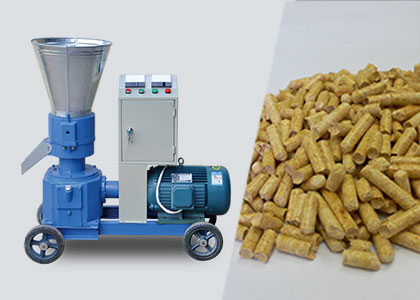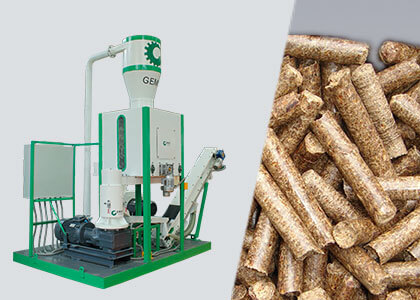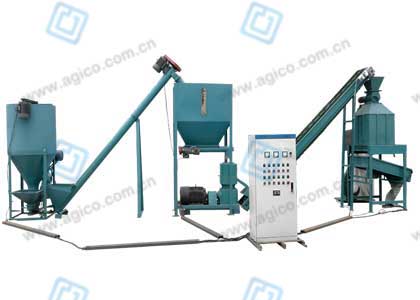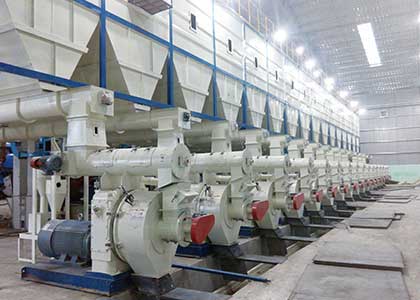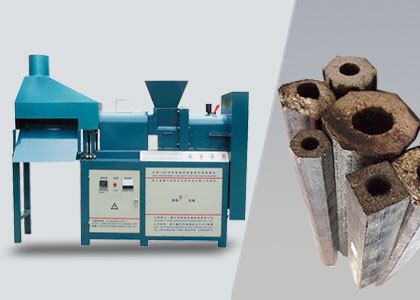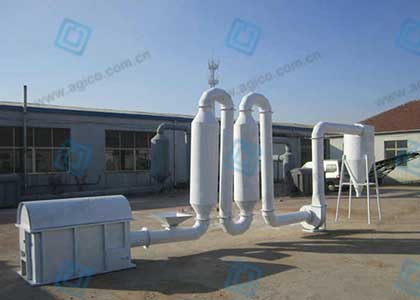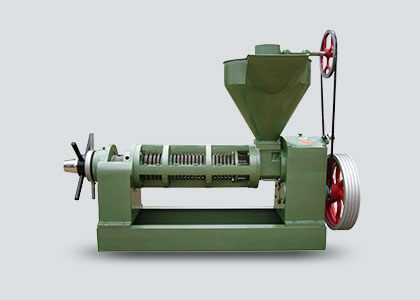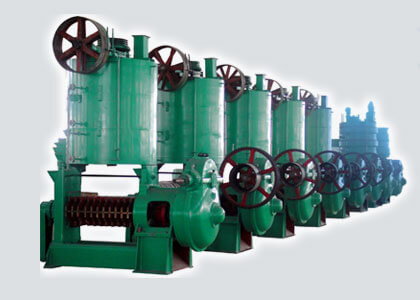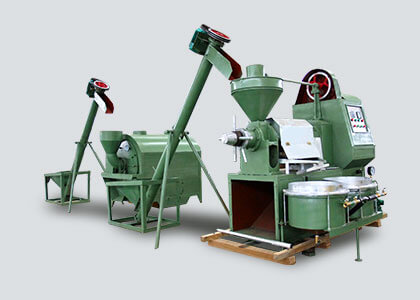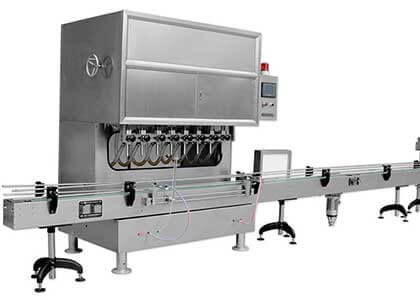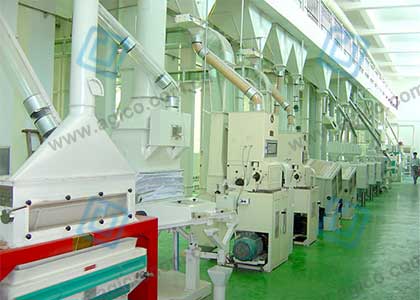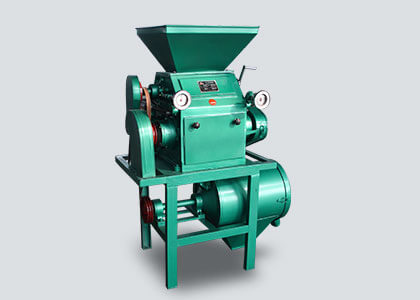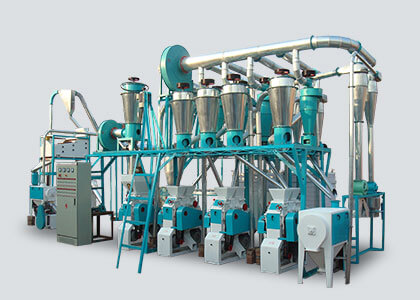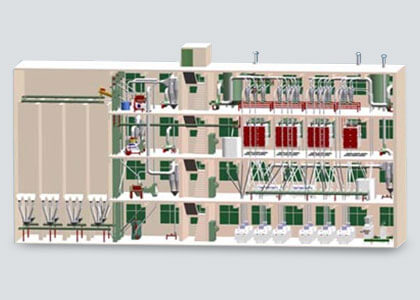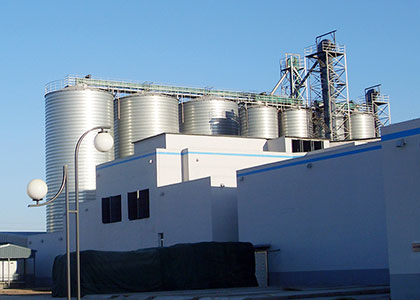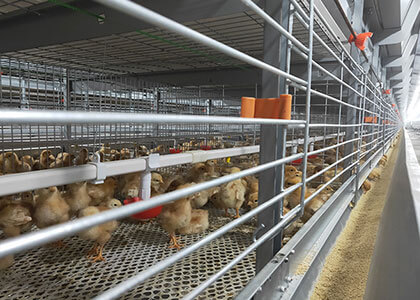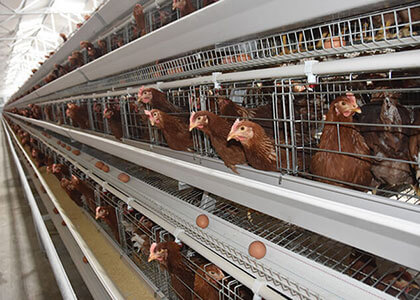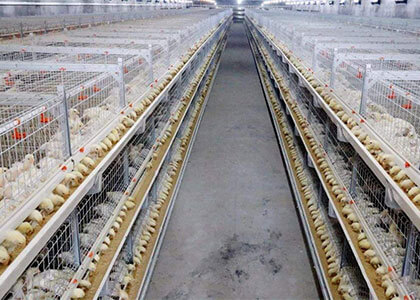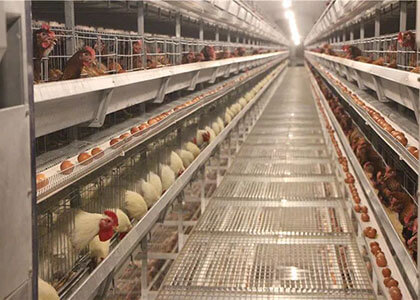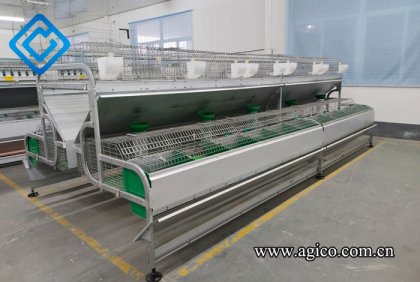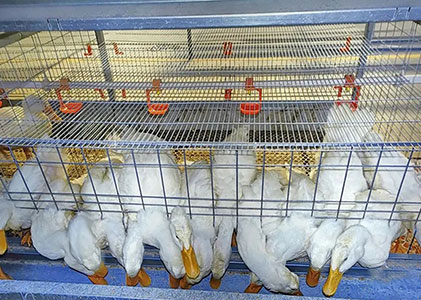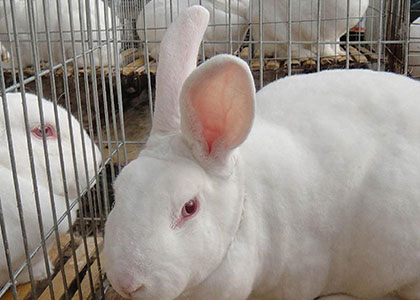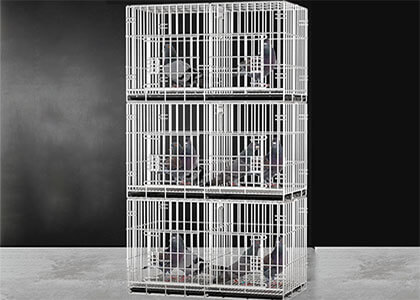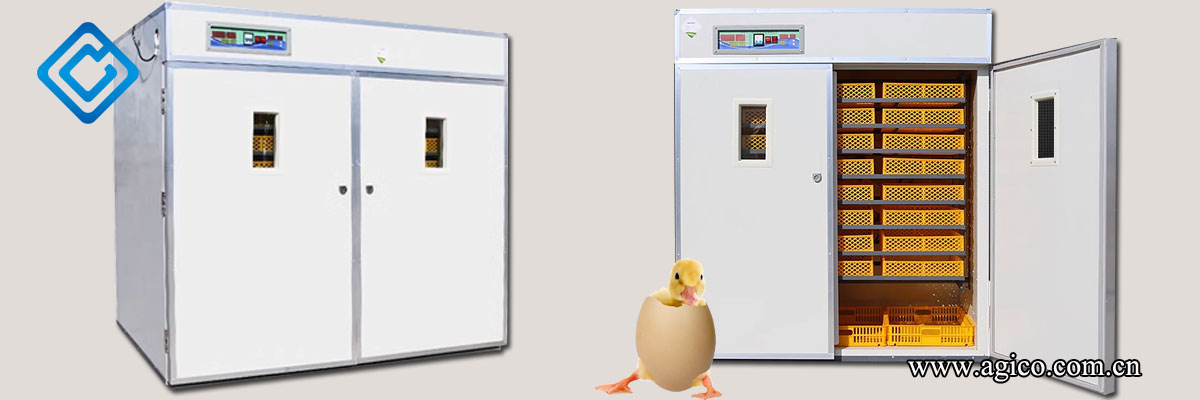
AGICO specializes in providing professional and reliable incubation equipment to meet your duck egg-hatching needs. Our commercial duck egg incubators are meticulously designed, featuring advanced temperature and humidity control technology and a user-friendly interface to deliver a stable and efficient hatching experience. Whether you're a commercial producer or a home hobbyist, AGICO's automatic duck egg incubators offer the ideal environment for optimal hatching results, ensuring every hatch succeeds.
Special Requirements for Duck Egg Incubation Compared to Chicken Eggs
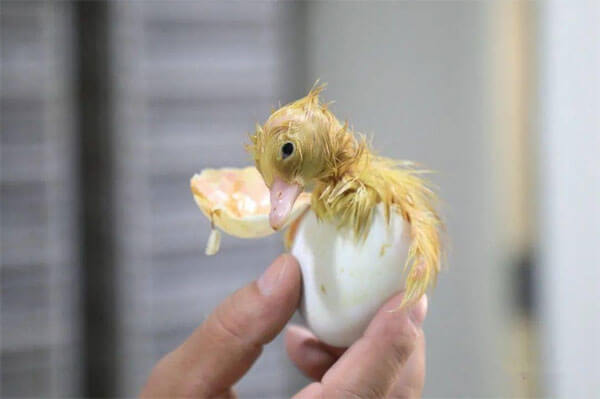
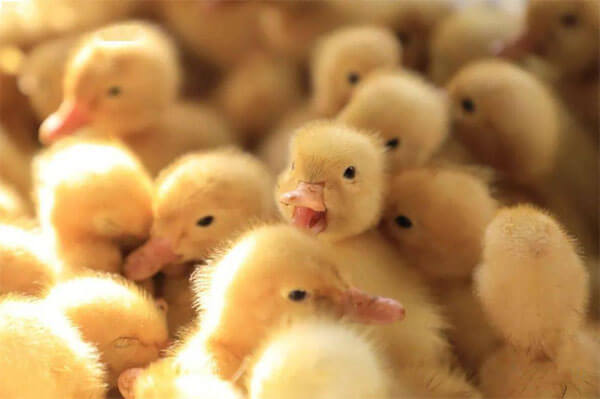
Incubation Period
Duck eggs have an incubation period of 28 days, which is longer than the 21 days required for chicken eggs. This extended period necessitates that duck egg incubators provide stable control and management over a longer duration. During incubation, duck eggs require a consistently controlled temperature and humidity environment to support the growth and development of the embryos.
Temperature Control
The temperature and humidity requirements for incubating duck eggs differ from those for chicken eggs, making precise control critical for successful duck egg incubation. The optimal incubation temperature for duck eggs is typically between 37.5°C and 38.0°C, which is slightly higher than the temperature needed for chicken eggs. This higher temperature compensates for the thicker eggshell of duck eggs, which requires more heat for proper heat transfer and embryo development. Additionally, duck eggs have a higher humidity requirement, with humidity levels needing to be maintained between 55% and 65% during incubation. This helps prevent the eggshell from drying out prematurely, which can adversely affect the health of the embryo.
AGICO's Latest Designed Commercial Duck Egg Incubators for Sale
| Scale | Capacity(Pcs per set) | Electric heating power(W) |
|---|---|---|
| Small scale | 63-1323 | 700-1000 |
| Medium scale | 1512-6048 | 1600-3200 |
| Large scale | 7056-10128 | 3200-6400 |
Design Features of the Automatic Duck Egg Incubator
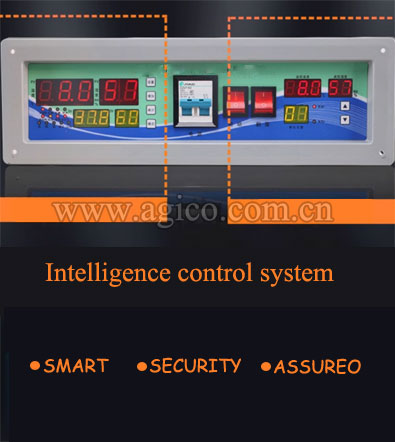 Intelligence control system
Intelligence control system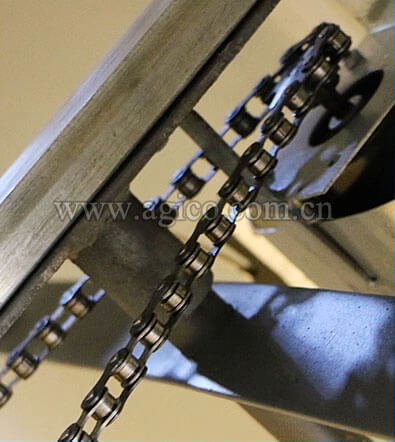 Automatic egg turning function
Automatic egg turning function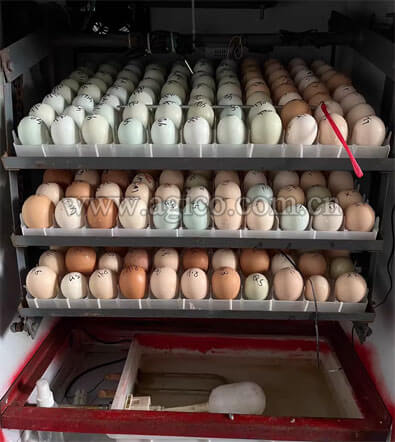 Egg tray optimization design
Egg tray optimization designTo accommodate the longer incubation period and the specific temperature and humidity requirements of duck eggs, the AGICO automatic duck egg incubator has been specially optimized in the following areas compared to chicken egg incubators:
Time control system
- The commercial duck egg incubator is equipped with a timer that records and displays the incubation period, helping users track the hatching progress and ensuring that duck eggs receive proper care throughout the entire incubation cycle.
Temperature and humidity control system
- The temperature and humidity control system is equipped with high-precision sensors that continuously monitor the internal environment and maintain stable conditions through an automatic adjustment system. These systems quickly respond to environmental changes, ensuring that each duck egg is incubated under the most suitable conditions. Some advanced models of the commercial duck egg incubator even feature remote control capabilities, allowing users to view and adjust the incubator's settings in real-time via smartphone or computer, ensuring precise management of the incubation process.
Automatic egg-turning function
- To better simulate natural incubation conditions, the incubator features an automatic egg-turning function that regularly rotates the eggs to promote even embryo development. This is especially important for the longer incubation period. The automatic egg-turning system in AGICO's commercial duck egg incubator is meticulously designed, with a default setting of turning eggs every 2-4 hours. The turning cycle and angle are adjustable, allowing for flexible customization based on the specific needs of duck eggs, thereby maximizing the hatching effectiveness.
Egg tray optimization design
- Duck eggs are larger and have a slightly different shape compared to chicken eggs, so the design of the egg tray needs to specifically accommodate the size and shape of duck eggs. The AGICO automatic duck egg incubator is typically equipped with specially designed egg trays to optimize hatching performance. These trays are custom-made to fit the average size of duck eggs, ensuring each egg is perfectly positioned. The tray’s grooves are designed with the diameter and height of duck eggs in mind, allowing each egg to be securely placed in the correct position.
Space optimization design
- Duck eggs are larger than chicken eggs, so the internal layout of the automatic duck egg incubator is carefully designed to provide sufficient space for each egg. The incubator features well-thought-out dividers and racks to accommodate more duck eggs while ensuring good airflow and temperature uniformity throughout the incubator.
Common Commercial Duck Egg Incubator FAQs
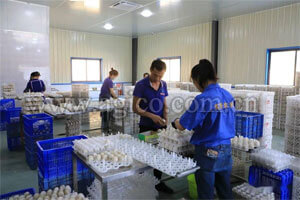
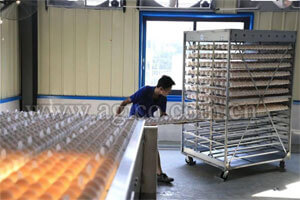
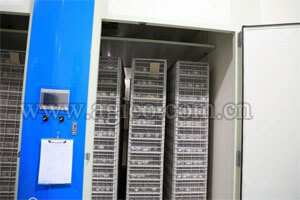
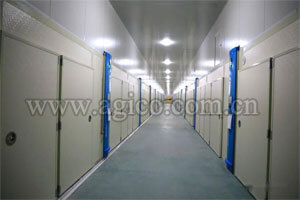
AGICO commercial duck egg incubator project
- Q: How do I set the egg turning function on the commercial duck egg incubator?
- A: The egg-turning function on the commercial duck egg incubator can be adjusted via the control panel. Depending on the model of the incubator, you can set the turning frequency and angle. Typically, the eggs should be turned every 2-4 hours, and the angle should match the recommended settings of the device. If you are unsure, please refer to the user manual or contact us directly for assistance.
- Q: How many automatic duck eggs can the incubator handle at one time?
- A: The capacity of the automatic duck egg incubator varies by model and generally ranges from several dozen to several thousand eggs. Please refer to the specifications in the product manual to confirm the exact incubation capacity of your specific model.
- Q: How do I clean and maintain the incubator?
- A: Before and after each incubation cycle, clean the interior of the incubator using a mild detergent and a damp cloth. Remove the egg trays and water reservoirs, wash them thoroughly, and allow them to dry completely. Ensure the device is completely dry before using it again. Regularly inspect all parts of the incubator and address any issues promptly.
- Q: Does the automatic duck egg incubator support remote control?
- A: Some high-end models of duck egg incubators offer remote control via mobile apps or online platforms. Users can monitor and adjust the incubator settings in real time, as well as receive notifications and recommendations. If you need this feature, please check whether the model you purchased supports remote control.

